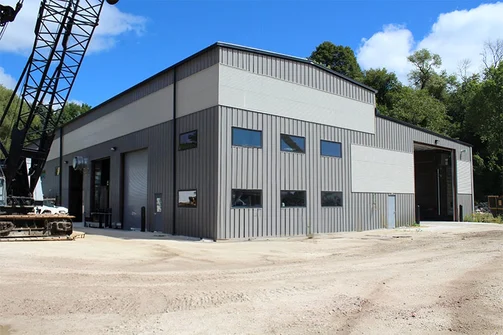Investing in real estate properties is one of the best ways to build an additional source of income. It’s also an excellent long-term wealth accumulation strategy.
However, purchasing a real estate property is a capital-intensive endeavor. Therefore, most people turn to financial institutions for mortgages and loans.
But before looking for a lender or shopping for a rental property on the market, there are numerous things you should consider. A major consideration is your financing options.
Below are things you should know about financing for rental properties:
Check Whether You Are Financially Ready for the Investment
Before making any capital-intensive investments, it’s essential to check whether you are financially ready. It’s also important to conduct a quick inspection of your financial health. You can do this by checking your current debts and setting up an emergency fund.
Audit all your loans and pay off any high-interest loans you have before purchasing a property. It’s not advisable to invest your money while still paying off high-interest loans. This is a mistake that may negatively impact your financial health.
Additionally, it’s essential to set up an emergency fund to assist you in handling any unexpected expenses that may come up during the project. When buying a rental property, it’s advisable to put aside some funds in an easy-to-access place to help you with any financial hardships.
Your Borrowing History Is Key
Your borrowing history and credit score are essential aspects of securing financing. A high credit score will guarantee you better loan terms and interest rates when applying for a loan to finance your real estate investments.
There are many types of financing for rental properties, and different lenders have different loan application requirements. Most lenders prefer a credit score between 670 to 750. However, traditional lenders such as banks have strict loan application requirements compared to other lenders.
Rental Properties Lenders Are Not the Same
Rental property lenders have different interest rates and loan terms. Such lenders may include hard-money lenders, private financiers, and traditional banks. Some lenders offer loans with flexible requirements, while others have higher interest rates.
Some loans are better suited for first-time investors. However, others are suitable for investors with a more extensive portfolio of rental properties.
You May Need a 20% Deposit
When applying for financing, you will need a deposit of 20%-25% of the total purchasing price of the property. This will help you secure the funding based on lender requirements. To check how much deposit you need, you can use an online rental property calculator to help you.
Financing for Rental Properties
There are many reasons why purchasing a rental property is considered a risky investment. Unexpected future repairs and vacancies could hurt your finances. Poor rental property management may also harm your ability to repay the loan. For this reason, it’s essential to understand more about your finances when considering investing in real estate.
Before investing in a property or taking a loan, make sure that you have read this article on financing for rental properties.
Did you like this article? Check out other posts on our website for more informative life hacks.











